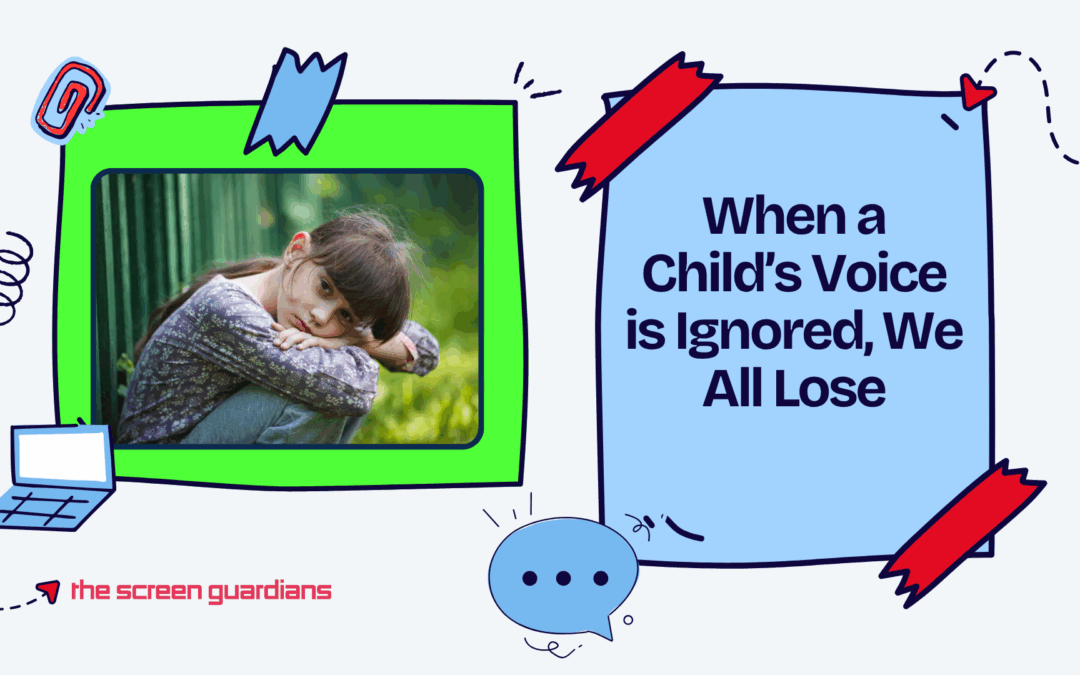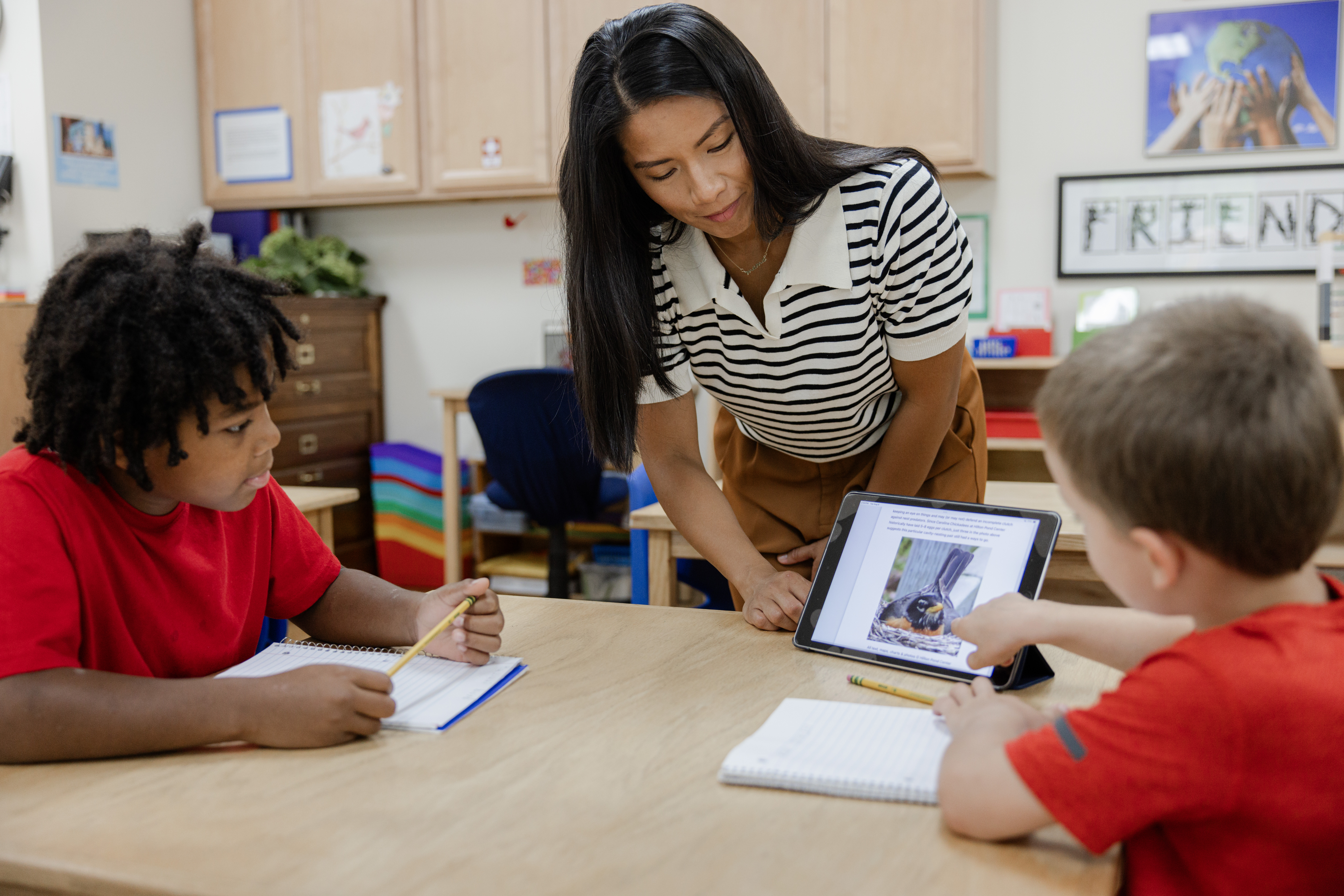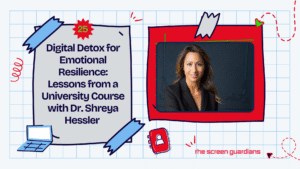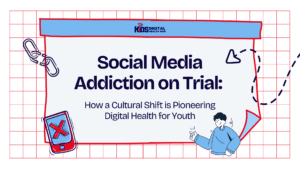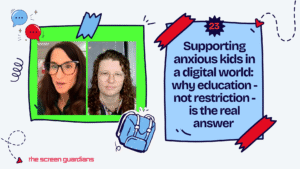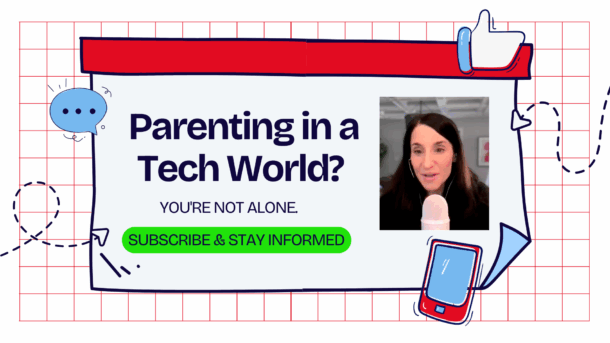There’s a story making headlines in Riley County (Kansas)—but it’s more than a headline. It’s a wake-up call.
A 17-year-old girl recently stood in a courtroom and testified about abuse she endured as a child. Abuse she had bravely spoken about years earlier. Abuse that was ignored.
The man who was sentenced to life for—rape of a child, aggravated indecent liberties—is someone who once lived under the same roof. A person trusted by the family. A person masked in familiarity. “Riley County District Court Judge Grant Bannister issued Steere two lifetime sentences, two sentences of 4 years 11 months and one sentence of 3 years 5 months.” – (source)
And she told someone. More than once. But no one believed her.
That truth is heartbreaking—and it’s infuriating.
Because when a child’s voice is ignored, they don’t just lose safety. They lose faith. They lose their sense of worth, their ability to trust, and often, the very adults who were supposed to protect them.
Table of Contents
The danger isn’t always “out there”
As a parent, this is one of the hardest truths to hold:
The predator isn’t always a stranger behind a screen. Sometimes he’s sitting at your kitchen table. Taking your child to school. Living in the guest room.
Grooming doesn’t just happen online. It happens in living rooms. During bedtime tuck-ins. At backyard birthday parties. It hides behind charm, helpfulness, even love.
And when children try to speak—when they whisper their terror, when they find the inexplicable courage to tell someone what’s been done to them—they are far too often met with denial or silence.
We must do better. We can do better.
If you’re a parent, teacher, coach, neighbor—someone a child might turn to—you are not powerless. You don’t have to have all the answers to make a life-altering difference. But you do have to choose to listen and believe.
Here’s how:
1. Believe them on day one
When a child says something is wrong, stop everything. Say these words:
“Thank you for telling me. I believe you. I’m going to keep you safe.”
The moment they speak is the moment you step in—not after you “think it through” or “see how things unfold.” That child has carried a crushing secret for far too long already.
2. Always take accusations seriously
Even if the accused is someone you know or love. Even if it seems “out of character.” Your child’s well-being and safety must come first. Full stop.
Contact child protective services, a trauma-informed counselor, or law enforcement. Let experts guide the next steps. Trust doesn’t mean staying quiet. It means choosing the truth.
3. Watch for the quiet signals
Some children never say it outright. They may not have the words—or the emotional space—to explain. But you might see shifts: nightmares, unexplained illnesses, sudden fearfulness, slipping grades.
Start noticing what they’re not saying. And create rhythms of connection—car rides, bedtime snuggles, shared chores—that open the door for hard conversations.
4. Teach your village
You can’t be everywhere—and you don’t have to be.
Surround your child with adults who know what to look for and how to respond. That’s community safety in action. Train babysitters. Talk with grandparents. Share tools with educators.
Because abuse thrives in silence—and prevention begins in awareness.
This one child’s courage should stir us all
That young girl’s bravery in the courtroom resulted in justice. But if we truly want to honor her—and protect kids like her—it starts at home.
It starts with choices like these:
- To keep the conversation going even when it’s uncomfortable
- To speak the names that feel hard to speak out loud
- To believe a child even when it shatters your world
Because the pain of knowing is heavy.
But the weight of ignoring it… is far heavier.
Let me say this as clearly as I can: if a child comes to you, if they cry to you, if they tell you something that makes your stomach drop—believe them.
That moment might be the most powerful—most protective—thing you ever do.
A child’s voice is not optional.
It is sacred.
And when they use it, they are handing you not just their story—but their hope.
Please don’t let their words go unheard.
Because the cost of silence isn’t just delayed justice.
It’s a stolen childhood.
A shaken soul.
And a community that failed the very people it was meant to protect.
If you suspect a child is being harmed, please don’t wait.
In Kansas, you can contact the Department for Children and Families Protection Reporting Center at 1-800-922-5330.
Nationwide, call the National Child Abuse Hotline at 1-800-4-A-CHILD (1-800-422-4453).
And if you’re looking to begin conversations in your home, your classroom, or your district about protecting children and cultivating digital safety, Screen Guardians was built for that very purpose.
Let’s stop letting children cry out twice.
The first time should always be enough.


